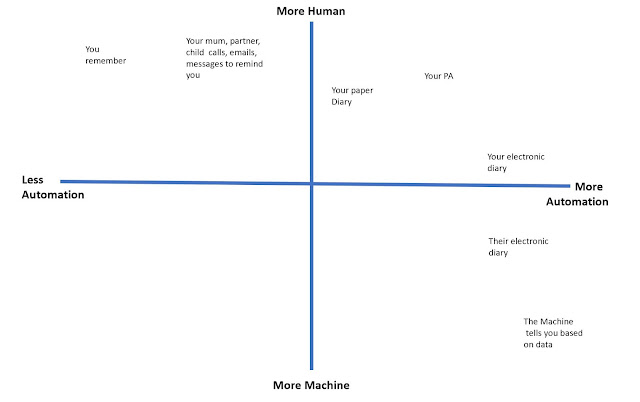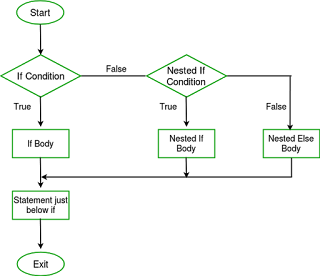Status update on automated decisions and algorithms

The problem defined by responses We don't know how automated decisions are being made We don't know what the impact of the automated decisions is / are We don't have a complete map of where the automated decisions are We have little to no qualified insight into the effects on the business or our customers There is no reporting to management when automated decisions have problems - as we don't know when it does There is a sense of trust in the (cto, cio, coo) that they will be on top of it We have no idea about bias in the original algorithm, data set and what updates changes have been made and the effect How our automated decisions effect people in the organisation and their behavior has not been qualified excellent writing and thinking on automated decisions and algorithms https://fpf.org/2017/12/11/unfairness-by-algorithm-distilling-the-harms-of-automated-decision-making/ https://www.infoq.com/articles/Can-People-Trust-Algorithm-Decisions/ htt...



